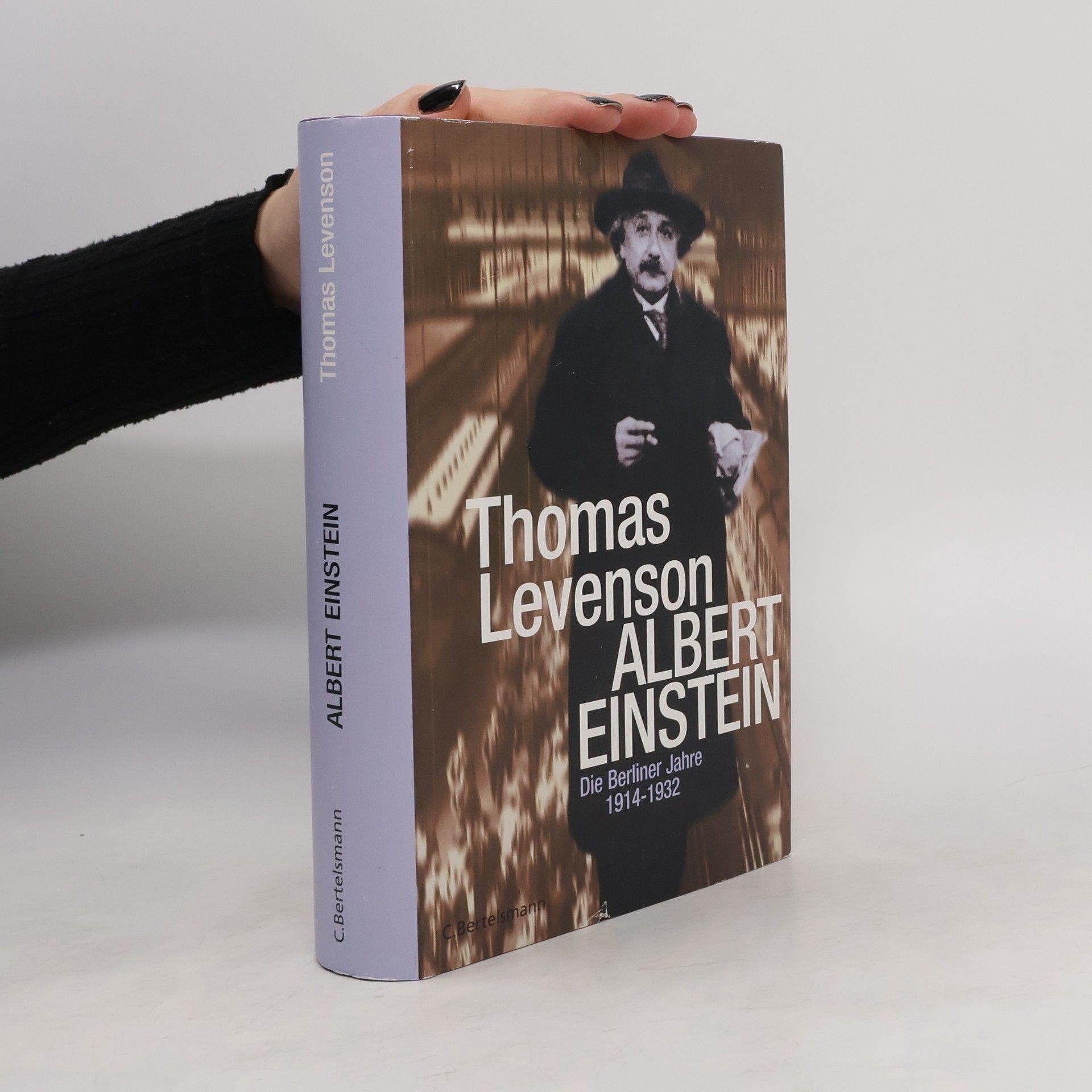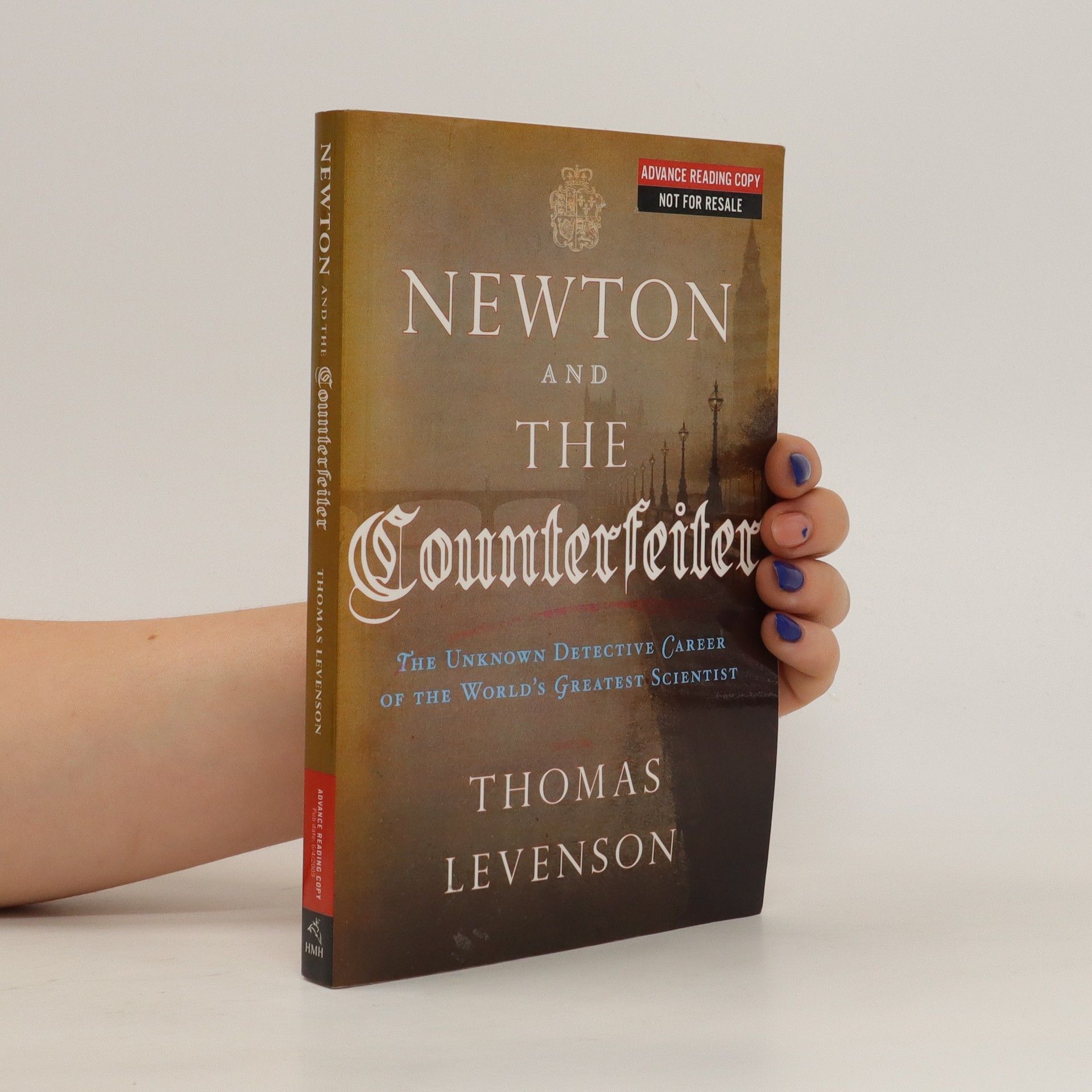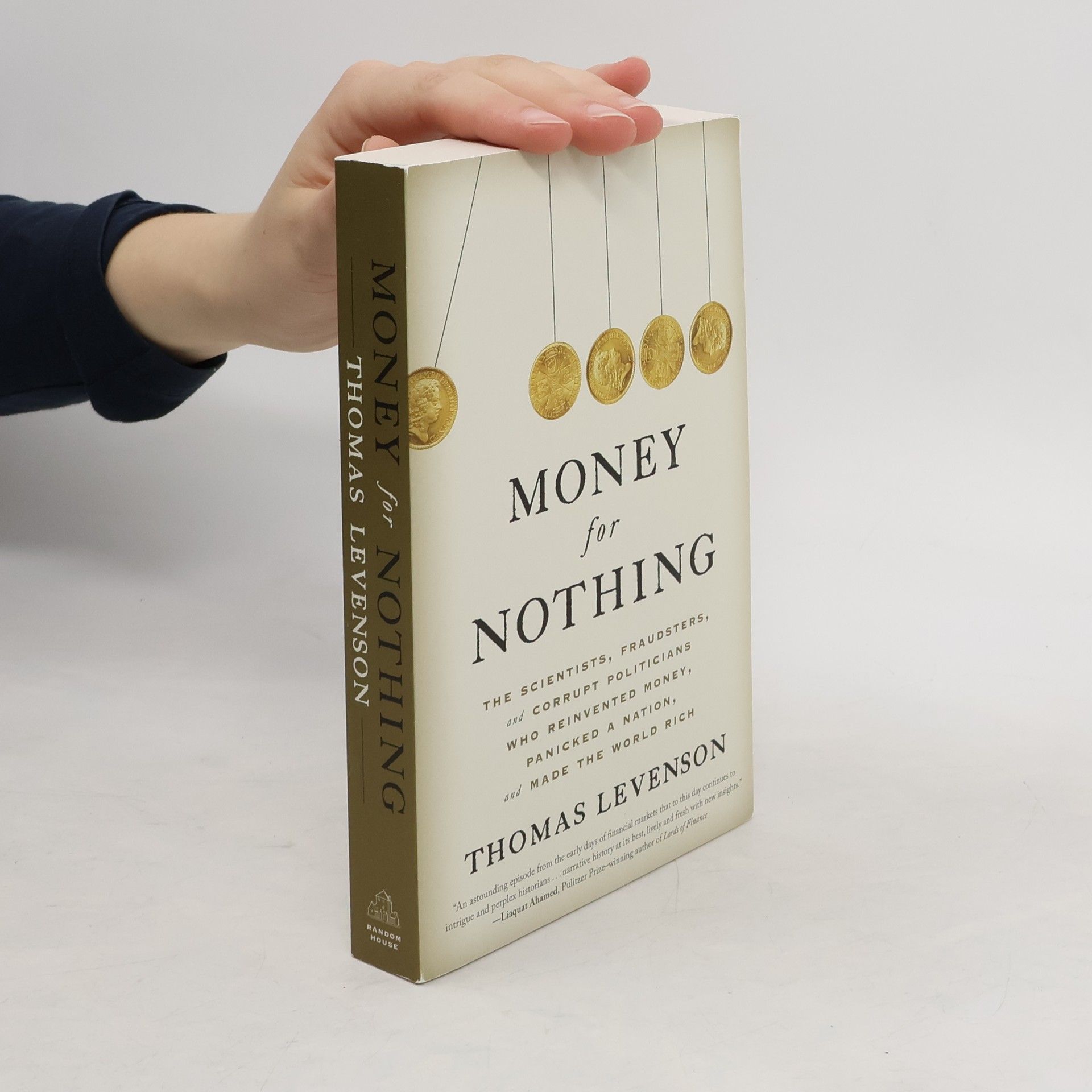The Hunt for Vulcan
- 229pages
- 9 heures de lecture
For over fifty years, the world's leading scientists searched for the elusive planet Vulcan, a phantom world dictated by Isaac Newton's theories of gravity. Despite extensive efforts and claims of discovery by skilled astronomers, Vulcan was never there. The narrative begins with Newton, whose 1687 work explained the motion of all matter in the universe. Nearly two centuries later, Urbain-Jean-Joseph Le Verrier built on Newton's theories to discover Neptune, gaining fame and attempting to predict Vulcan's existence. However, it was Albert Einstein who ultimately revealed that the quest for Vulcan stemmed from flaws in Newton's gravitational theory. His general theory of relativity demonstrated that Vulcan could not exist, highlighting that the search was based on incorrect assumptions about the universe. This account uncovers the untold story of how the nineteenth-century pursuit of Vulcan paved the way for Einstein's groundbreaking insights, marking a pivotal moment in scientific history and establishing one of the greatest intellectual achievements of the twentieth century.



